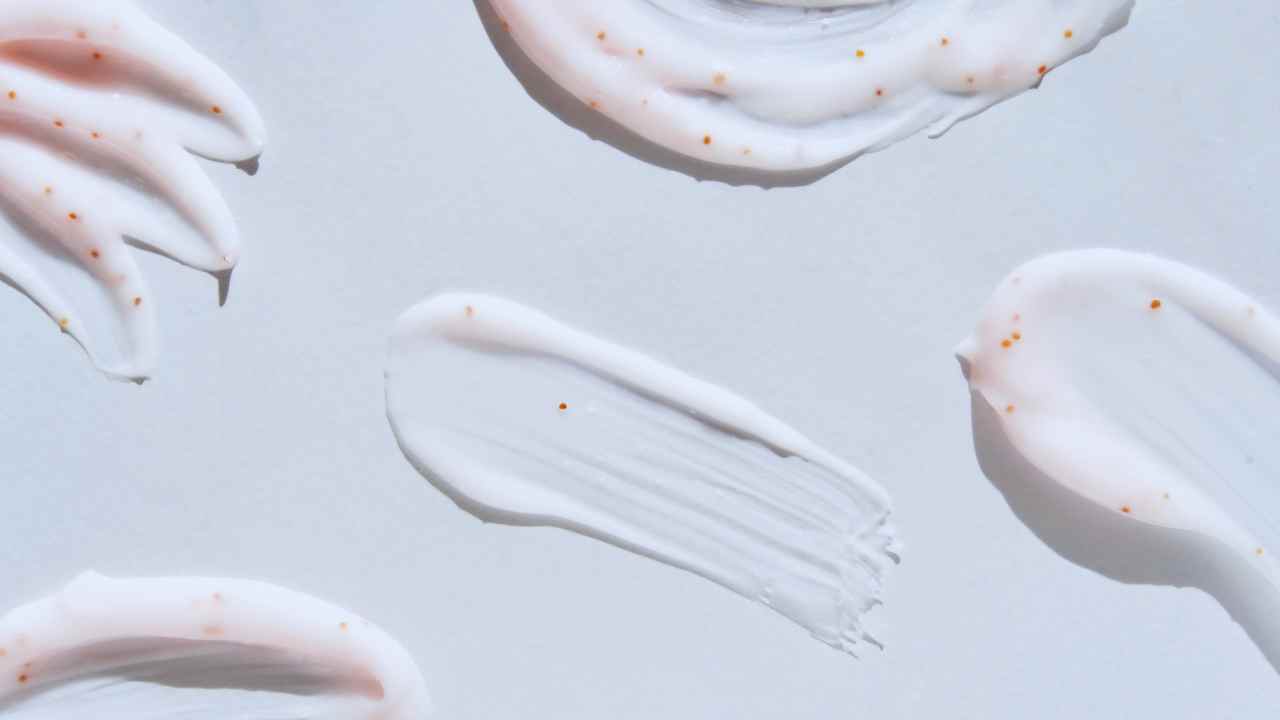Have you ever wondered why your face is a different color than the rest of your body? It’s a pretty common problem that people don’t really understand. They usually look into different products or makeup to fix it, but this won’t work in the long run. Knowing what causes it will give you the knowledge to fix any issues and make your skin tone even.
Your face being whiter than your body stems from a few reasons. In general, it’s because of sun exposure, skincare routines, and natural skin pigmentation. Sun exposure is one of the biggest factors here. If you spend more time outside with only your body exposed, some parts might tan while others stay pale. Using certain products also has an effect on your complexion as well. Examples of these are just brightening agents or SPF-based creams.
Finally, we have genetics. You can thank your parents for where you get most things! Unfortunately, this doesn’t exempt pigmentation either. Sometimes melanin gets distributed in odd ways, like having none on the nose and all on other extremities. Understanding these factors can definitely help when it comes to picking out certain skincare products that will even make everything out again, though!
Why is Your Face Whiter than My Body?
Many people notice a difference in skin tone between their face and body, often finding their face whiter than their body. This can be due to various reasons, which we’ll explore in simple bullet points before diving into a more detailed explanation.
- Sun exposure differences
- Use of high-SPF facial products
- Skin conditions like vitiligo or pigmentation disorders
- Harsh facial treatments
- Makeup and other cosmetic products
- Genetic factors
Sun Exposure Differences
The primary reason for someone’s face being whiter than their body is often related to sun exposure. The skin on your face may receive more consistent protection from the sun compared to the body, leading to a lighter complexion. People usually apply sunscreen on their face more regularly, as it’s a common skincare step. In contrast, the body might only be lathered with sunscreen during specific occasions like a day at the beach.
Use of High SPF Facial Products
Facial skincare products often contain higher SPF compared to body lotions or creams. This difference in sun protection factor can contribute to the face appearing whiter than the body. Daily use of these products, whether it’s a moisturizer or a BB cream with SPF, can significantly limit the amount of UV radiation your facial skin absorbs, thus preventing it from tanning at the same rate as your body.
Skin Conditions Like Vitiligo or Pigmentation Disorders
Certain skin conditions, such as vitiligo or pigmentation disorders like hypopigmentation, can cause your face to appear lighter than your body. Vitiligo, for instance, is characterized by patches of skin losing their pigment. These conditions can affect any part of the body, but when they occur on the face, they can make the skin appear significantly whiter compared to other areas.
Harsh Facial Treatments
Harsh facial treatments, including peels, exfoliation, or other forms of skincare regimens that involve intense products, can lead to a lighter skin tone on the face. These treatments often remove tanned or dead skin cells more effectively from the face than from the body, leading to a disparity in skin tone.
Makeup and Other Cosmetic Products
Makeup and cosmetic products can also be responsible for making your face appear whiter than your body. Foundations, powders, and other concealing products are designed to even out the skin tone and might have a lightening effect. Over time, these products can also create a barrier that shields the skin from the sun, contributing to a lighter complexion.
Genetic Factors
Lastly, genetic factors play a role in determining skin tone variations across different parts of the body. It’s natural for some people to have slight differences in pigmentation, and these genetic predispositions can result in your face being whiter than your body.
What to do when Your Face is Lighter than your Body?
There are several strategies you can employ to help even out your skin tone. In this post, we’ll explore some practical tips and tricks to achieve a more balanced complexion.
Evaluate Your Sun Protection Routine
Ensure you’re applying a broad-spectrum sunscreen to both your face and body. If you’re more diligent with facial application, it’s time to show your body some love, too. Remember, consistency is key!
Use Gradual Self-Tanner
A gradual self-tanner can subtly darken the face to match the body. Choose a product that’s specifically designed for facial skin to avoid clogged pores or breakouts.
Adjust Your Exfoliation Habits
If you’re exfoliating your face often, consider reducing the frequency to allow your face to retain more of its natural pigment. Alternatively, introduce gentle body exfoliation into your routine to lighten body skin gradually.
Consider Cosmetic Options
Bronzers and tinted moisturizers can temporarily even out the difference in skin tone. Make sure to blend well for a natural look.
Seek Professional Advice
If you’re concerned about a significant disparity in skin tone, it may be worth consulting a dermatologist. They can provide tailored advice and potentially recommend treatments such as chemical peels or laser therapy.
Review Your Skincare Products
Some ingredients in facial products, like vitamin C or retinoids, can have a lightening effect. Review your products and consider using similar formulations on your body if appropriate.
Embrace Your Natural Tone
Remember that slight variations in skin tone are normal and natural. Embrace your unique complexion while taking care of your skin’s health.
Final Words
Understanding why your face is whiter than your body can help you address any concerns or adjust your skincare routine accordingly. It’s important to remember that everyone’s skin is unique, and variations in tone are perfectly normal. However, if you’re worried about significant changes in skin tone or other symptoms, it’s always best to consult with a dermatologist.

